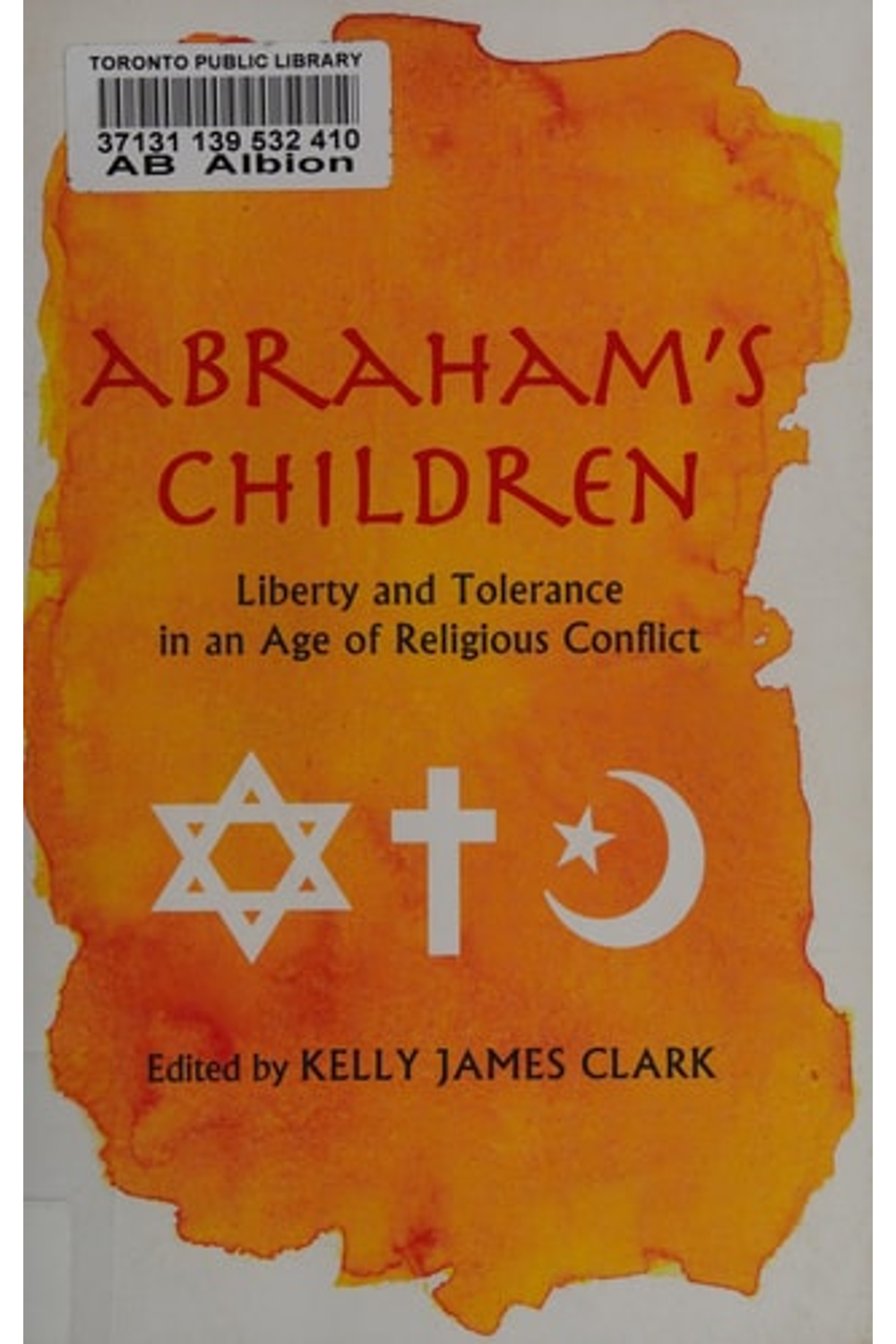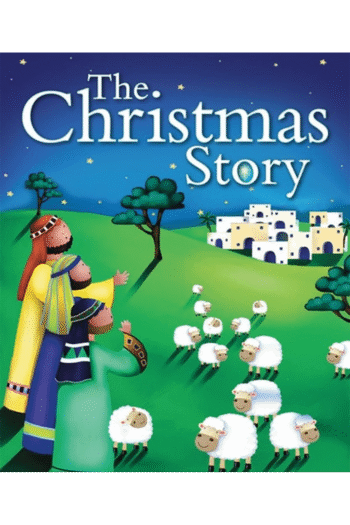Explore the timely and crucial message of religious tolerance in “Abraham’s Children: Liberty and Tolerance in an Age of Religious Conflict,” edited by Kelly James Clark. This compelling collection of essays, published by Yale University Press, confronts the pervasive issue of religious intolerance head-on, offering a beacon of hope in a world often marred by division. Unlike secular arguments, fifteen distinguished thinkers from Jewish, Christian, and Muslim backgrounds delve into their sacred texts to unearth the foundational principles of liberty, respect, and coexistence. Featuring contributions from notable figures like former U.S. President Jimmy Carter, Rabbi Arik Ascherman, and former Indonesian President Abdurrahman Wahid, the book goes beyond theoretical discussions, sharing real-world experiences and practical approaches to interfaith dialogue. It tackles the root causes of religious conflict in global hotspots, demonstrating that tolerance isn’t an alien concept, but an integral part of the Abrahamic traditions. “Abraham’s Children” offers a vital counter-narrative to voices of extremism, emphasizing compassion and the inherent dignity of all. Perfect for students, scholars, and anyone seeking to foster understanding and peace, this paperback edition provides accessible insights into building bridges between faiths and promoting a more harmonious world. Discover how religious values can be a powerful force for unity, challenging the idea that belief inevitably breeds conflict. It’s a call to action, urging us to embrace tolerance as a cornerstone of a more peaceful future.
Abraham’s Children: Liberty and Tolerance in an Age of Religious Conflict
26,66 $
In stock
Fifteen prominent thinkers turn to the sacred writings of their different theological traditions to defend religious tolerance
Scarcely any country in today’s world can claim to be free of intolerance. Israel and Palestine, Northern Ireland, Sudan, the Balkans, Pakistan, India, Sri Lanka, and the Caucasus are just some of the areas of intractable conflict apparently inspired or exacerbated by religious differences. Can devoted Jews, Christians, or Muslims remain true to their own fundamental beliefs and practices, yet also find paths toward liberty, tolerance, and respect for those of other faiths?
In this vitally important book, fifteen influential practitioners of the Abrahamic religions address religious liberty and tolerance from the perspectives of their own faith traditions. Former president Jimmy Carter, Rabbi Arik Ascherman, Indonesias first democratically elected president, Abdurrahman Wahid, and the other writers draw on their personal experiences and on the sacred writings that are central in their own religious lives. Rather than relying on “pure reason,” as secularists might prefer, the contributors celebrate religious traditions and find within them a way toward mutual peace, uncompromised liberty, and principled tolerance. Offering a counterbalance to incendiary religious leaders who cite Holy Writ to justify intolerance and violence, the contributors reveal how tolerance and respect for believers in other faiths stand at the core of the Abrahamic traditions.
| Authors | |
|---|---|
| Binding | |
| Condition | |
| ISBN-10 | 0300179375 |
| ISBN-13 | 9780300179378 |
| Language | |
| Pages | 312 |
| Publisher | |
| Year published | |
| Weight | 454 |
| Dewey decimal | 201/.5 |
Related products
The Christmas Visitors
23,41 $
- Additional information
- Currencies
- USD – United States dollar
- EUR – Euro
- GBP – Pound sterling
- CNY – Chinese yuan
- BRL – Brazilian real
- MXN – Mexican peso
- JPY – Japanese yen
- PHP – Philippine peso
- THB – Thai baht
- PLN – Polish złoty
- CAD – Canadian dollar
- MYR – Malaysian ringgit
- AUD – Australian dollar
- TWD – New Taiwan dollar
- CZK – Czech koruna
- SEK – Swedish krona
- HUF – Hungarian forint
- ILS – Israeli new shekel
- CHF – Swiss franc
- HKD – Hong Kong dollar
- DKK – Danish krone
- SGD – Singapore dollar
- NOK – Norwegian krone
- NZD – New Zealand dollar





